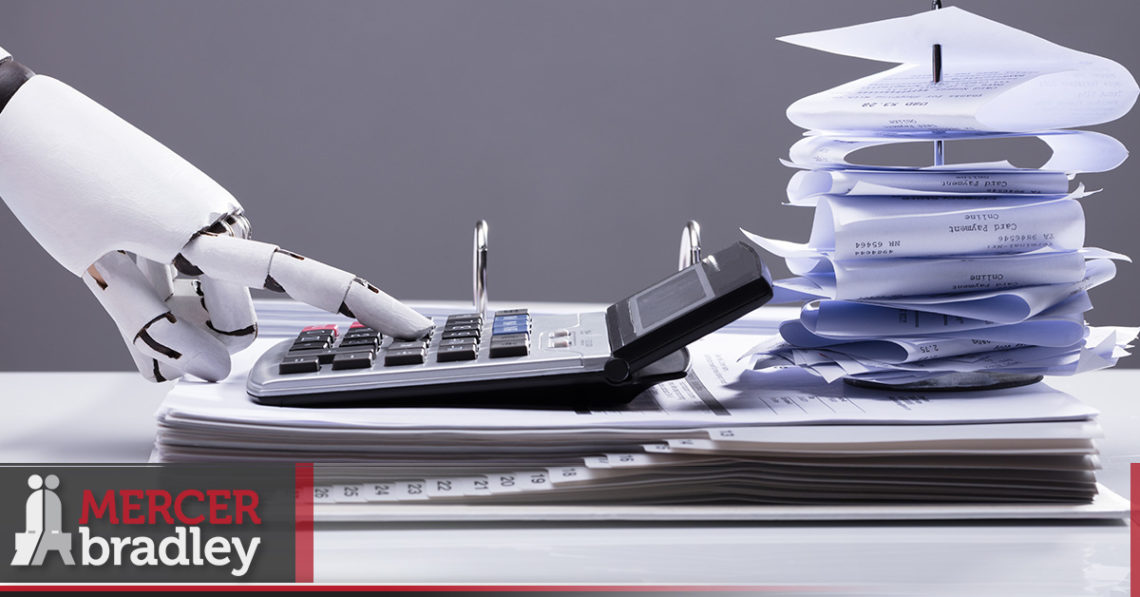As an accounting professional, you are well educated on how artificial intelligence (AI) and machine learning have been driving innovation in the industry. With AI’s impact on accounting functions and workflows, you are used to transformations in what responsibilities you take on and how you complete your tasks. You also know that the rise of AI means that your role as an accountant will continue to change.
4 Ways Artificial Intelligence and Machine Learning Are Impacting The Accounting Industry
Innovation #1. Automating Accounts Payable
With the AP process being automated, the tedious, repetitive process of creating and processing invoices, purchase orders, or delivery orders on paper, then manually entering them in computer systems, coding, and transmitting the documents to managers for approval and payment is optimized through AI. Software analyzes, recognizes, directs, and exports data to an ERP/financial system. As a result, suppliers have greater insight into real-time payment timing details. As algorithms become more reliable, flexible, and adaptable, more solutions arise to automatically manage invoices and other documents. Data with no prior configuration is automatically recognized in a reliable and comprehensive way. AP automation solutions can identify and interact with suppliers; automatically intake, code, process and route invoices using optical recognition technology; and denote payment deadlines, approval workflows, and the approvers.
Innovation #2: Implementing Cloud Technology
Using cloud-based technology is necessary to conduct accounting business. Being able to quickly access large amounts of data when needed is required for automation, blockchain, and other technologies to create real-time business transaction verification and full data set financial audits. Team members can more easily collaborate with clients and each other. Cloud-based software also provides automatic security updates, feature upgrades, and file backups to protect sensitive information. Plus, because expenses are shared by multiple users, having cloud storage managed by a large software provider costs less than hiring a managed services provider.
Innovation #3: Using Blockchain
Blockchain is becoming more popular in the accounting industry. The technology creates an accounting ledger that can be continuously updated and verified without fraudulently being altered. Blockchain records and stores assets, liabilities, and transactions and allows recording cash flow and reconciling accounts. The technology helps accountants streamline their processes and audits while ensuring the records are accurate, truthful, and protected from unauthorized third parties. Accountants can interpret and categorize information before entering it into the blockchain, then be responsible for implementing and maintaining the blockchain.
Innovation #4: Changing Role of Accountants
With the rise of AI, the role of accountants continues to evolve. As AI continues to handle data entry, verifications, referrals, fraud detection, and other low-value tasks, accounting professionals are able to add value to their employers through analysis, strategy, creative thinking, and decision-making. Accountants have new opportunities to save time, minimize costs, boost productivity, and improve accuracy in their work.
Find Accounting Jobs in Western Canada
Let us help you find accounting jobs in Edmonton, Vancouver and Winnipeg. Reach out to Mercer Bradley today and explore these current roles.




Leave a Reply